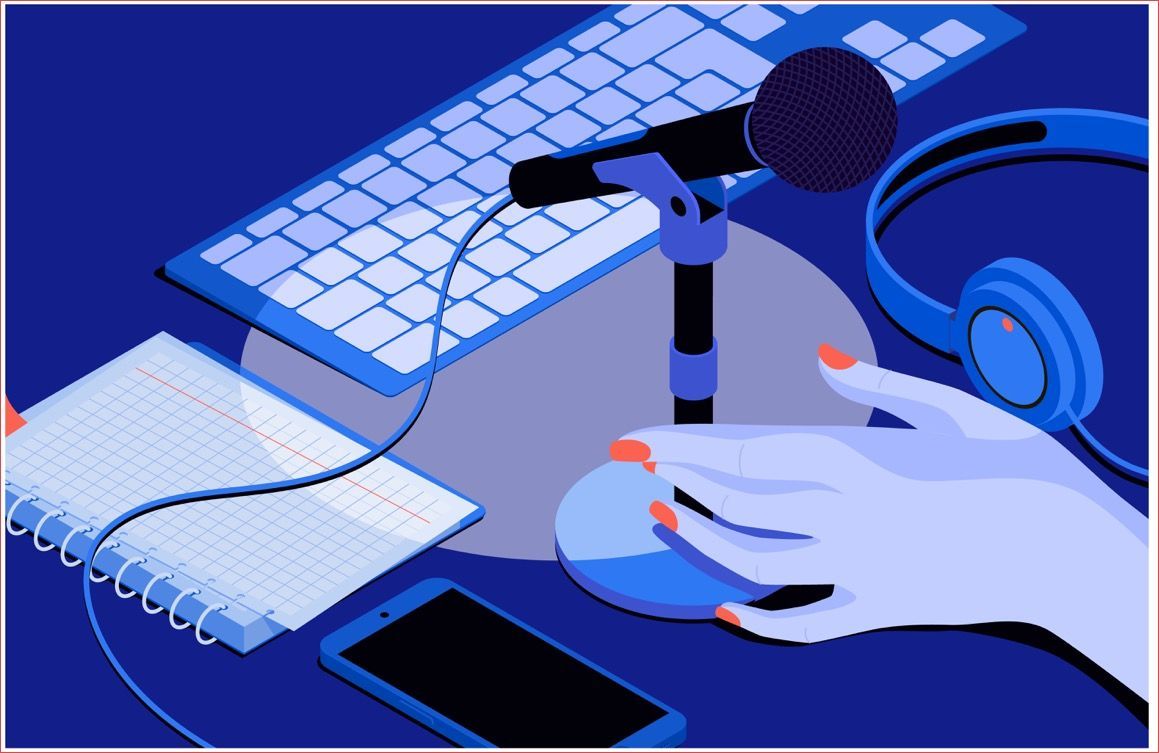What Exactly is “Gravitas”? (And what does it mean for voiceover people?)
In my career as a telephony voice talent, I’m seldom ever directed in sessions. Clients order on my website, sometimes including stylistic notes for me to follow on their scripts, but most leave me to my own devices. (My favorite clients say: “Do your thing.”)
Back when I did more TV/Radio voiceovers, it wasn’t uncommon for clients or ad agents to direct me over a phone link, video meeting, or direct ISDN link.
Truthfully, those have always been my *least* favorite sessions; they make voiceover a performance sport, they are way more pressure, and they typically make for a longer, more laborious process, as everyone on “the team” needs to justify why they’re there by chiming in with their own direction – even if it contradicts other direction that’s already been given (and it often does). It’s generally known: the more people attending the recording session, the longer it will take.
I’ve noticed in these sessions that there’s a common word that comes up frequently: “Gravitas.”
Usually delivered by an ad agent looking up from their phone – only vaguely listening to the previous take – and saying: “That was OK. Try it again, and this time, give it more gravitas.”
By dictionary definition, gravitas means dignity, seriousness, or solemnity of manner.
How does that apply to a shampoo commercial, an online auto parts training course, or an ad for a housing development? None of those projects would typically call for solemnity or seriousness.
As with a lot of words, it’s become co-opted. It no longer means seriousness or solemnity; it now means: Make it pop. Make it more interesting. Make it carry more weight. Make it do more lifting. Catch our ears. Stand out.
In other words: Do better. (Or in the words of one of my wittier voiceover colleagues: “Try it again, and this time, don’t suck.”)
Yes, I have a slightly cynical view, hard won by years of voicing and interacting with experts in the voiceover field, who have all said – in their own way – that you know more about this than they do. Voice talent are trained and conditioned to take an analytical view of the material, and our instincts – while not always correct -- are finely honed. We do this work every day. I’ve had sound engineers play back a take from ten takes previous and the powers that be at the session will approve it, satisfied that they *finally* got their take. Audio engineers – with their highly-trained ear and years behind the board -- also probably know more than the ad agents.
The smart producers/ad agents will give the talent a general idea of what they’re looking for, and – not unlike an accomplished film or theatre director – they allow the talent to use their skills to run with it. There was a reason why the talent was hired – and producers who genuinely know and like talent will let them “do their thing” and try to capture as much of their natural tendencies and cadences.
To ask for more “gravitas” is as vague and nebulous as asking for someone to make it more “entertaining”. More “real”. More “accessible.” It’s vague and doesn’t tell your voice talent anything specific about which direction you see them taking it in or allows you to communicate your vision clearly.
Which you should be able to do.
Using descriptive adverbs, providing a storyboard (or at least an encapsulated version of what the finalized ad will look like) and even giving celebrity comparisons is helpful (I’ve heard a lot of “Give us a Demi Moore sound” or “You know Sarah Silverman? That.”) If we’re taking it too far (or not far enough), that’s useful feedback. If what we’re giving you is too disconnected with parts which have already been recorded, that’s essential to know, as well.
In other words: hone your communications skills with your voice talent, and give them information that can inform and guide their performance. Be clear on your campaign’s intention, and be able to articulate that clearly to the talent, avoiding buzzwords like “gravitas” and instead, make use of descriptors which imparts genuine guidance and cues as to what the finished product will embody.











